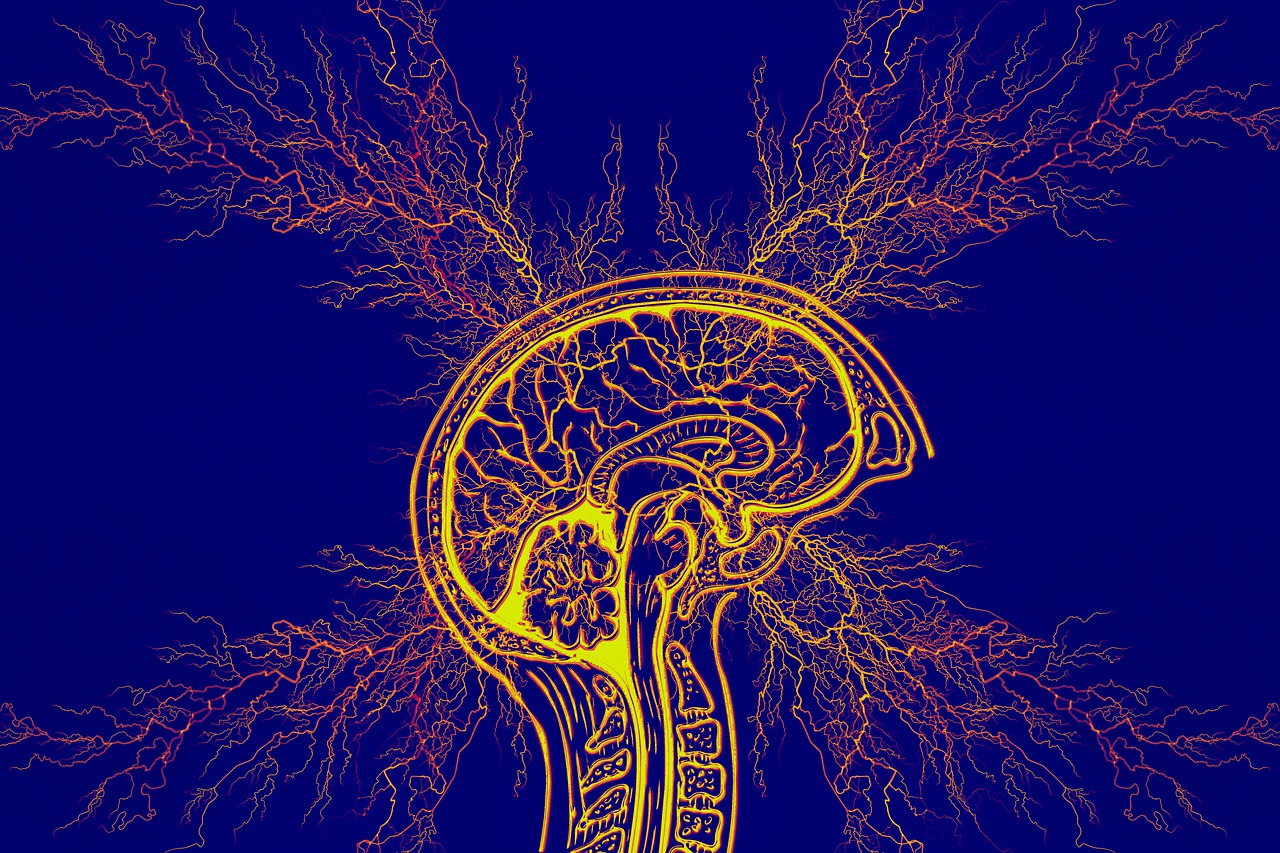ADHD and Mental Health
Attention-deficit/hyperactivity disorder, or ADHD, is one of the most common mental health conditions among children in the United States. The diagnosis rate of ADHD has increased over the past 20 years due in large part to increased awareness, decreased stigma and greater access to healthcare.
This brain disorder is associated with difficulty concentrating, staying organized and controlling impulses. Although children and adults with this diagnosis may appear to be bursting with energy, they experience trouble channeling that energy effectively and controlling their impulsivity.
ADHD symptoms can be overwhelming for patients. Worse yet, we’re finding that this diagnosis often leads to higher rates of other mental disorders – from anxiety and eating disorders, to depression and PTSD.
I’ve written extensively on treating ADHD, and spent decades addressing and treating the imbalances in my child and adult patients. It takes thorough testing and investigative work to sort through the clinical presentations and identify the root causes. Every patient deserves this type of personalized treatment, which is why I’m so dedicated to comprehensive clinician education.
A recent study in CNN outlines just how critical it is that we diagnose and comprehensively treat ADHD with personalized treatment approaches. We have the genetic link to go along with what we know from observation – now what are we going to do with it?
Read more from the study, and hear my clinical insight on ADHD and comorbidity below.
Excerpt from the CNN article by Sandee LaMotteposted on September 5, 2023
“Attention deficit hyperactivity disorder is associated with a higher incidence of depression, anorexia or post-traumatic stress disorder as well as the risk of suicide attempts, a new study found. A neurodevelopmental condition, ADHD is a pattern of hyperactivity, inattention and impulsive behavior that interferes with daily functioning or development.
People with ADHD were 30% more likely to attempt suicide and 9% more likely to develop major depression, according to the study, which could only show associations and not prove a direct cause and effect. Once those with ADHD developed depression, they were then 42% more likely to try to take their own life.“


